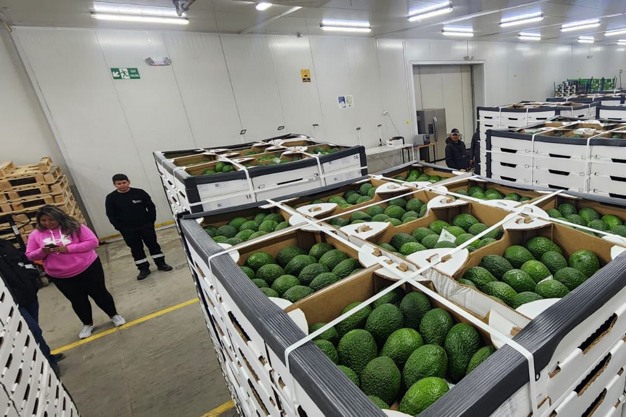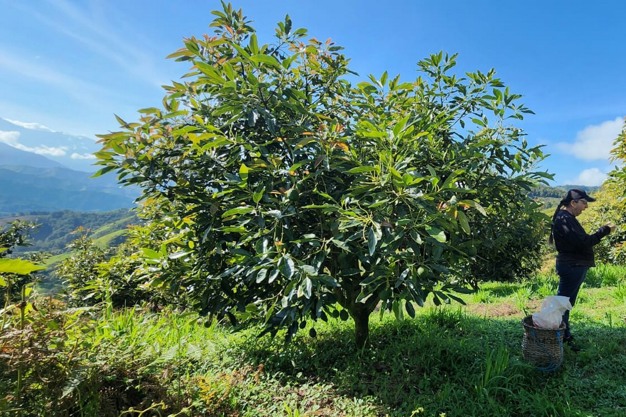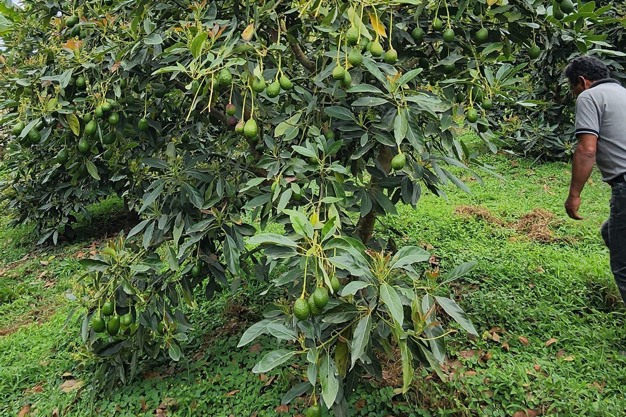It has been years in the making, but Ecuador is finally starting to emerge as serious commercial avocado growers and exporters. According to Juan Diego Chiriboga, Sales and Business Development at Social Deal (a Nobis enterprise) and representative of avocado and granadilla grower Granlife, "Ecuador as an origin is relatively new. It has never been big avocado growers and exporters since recently, with roughly 20 containers shipped in last year to the EU and Russia."

Avocado growing and exports from Ecuador has been attempted several times, but with low and slowly growing volumes over the years. Chiriboga says, "We have approximately 8,000 hectares in production. However, new openings to international markets have just made the industry to expand existing plantations and move towards an increasingly formal market. This is towards certifying plantations."
Ecuador's next avocado season is starting later in September. There's often also more demand from markets between September and December. The country, more known for bananas, exotics and shrimp exports has the potential to be bigger avocado growers and exporters says Chiriboga.

"This next season, we're starting a bit later towards the end of September. We are going to export two containers per week. With the opening of markets, it also comes with a lot of traction from importers due to our unique harvest window. The season (partly) differentiates Ecuador from its neighbours Colombia and Peru. Our season is the highest from September to December, which positions our offer in a period of low supply in global markets, mainly due to Peru's season," states Chiriboga.

He says they are working hard on gaining the needed certifications. The sizing of the avocado's also plays a big role. "Our avocado sizing is medium to small, with calibres ranging from 18-26. In terms of certifications, we're aiming for Global Gap, which is still in process. We are planning to start our compliance program in mid-October to carry out the basic certification processes for different growers in the Tungurahua and Ibarra regions in Ecuador who have qualified on quality and infrastructure. They are aiming to transform 6 plantations to Global Gap-certified farms by September 2025," concludes a hopeful Chiriboga.
For more information:
Juan Diego Chiriboga
Social Deal
Tel:+31 6 27 82 26 50
jchiriboga@nobis.com.ec
